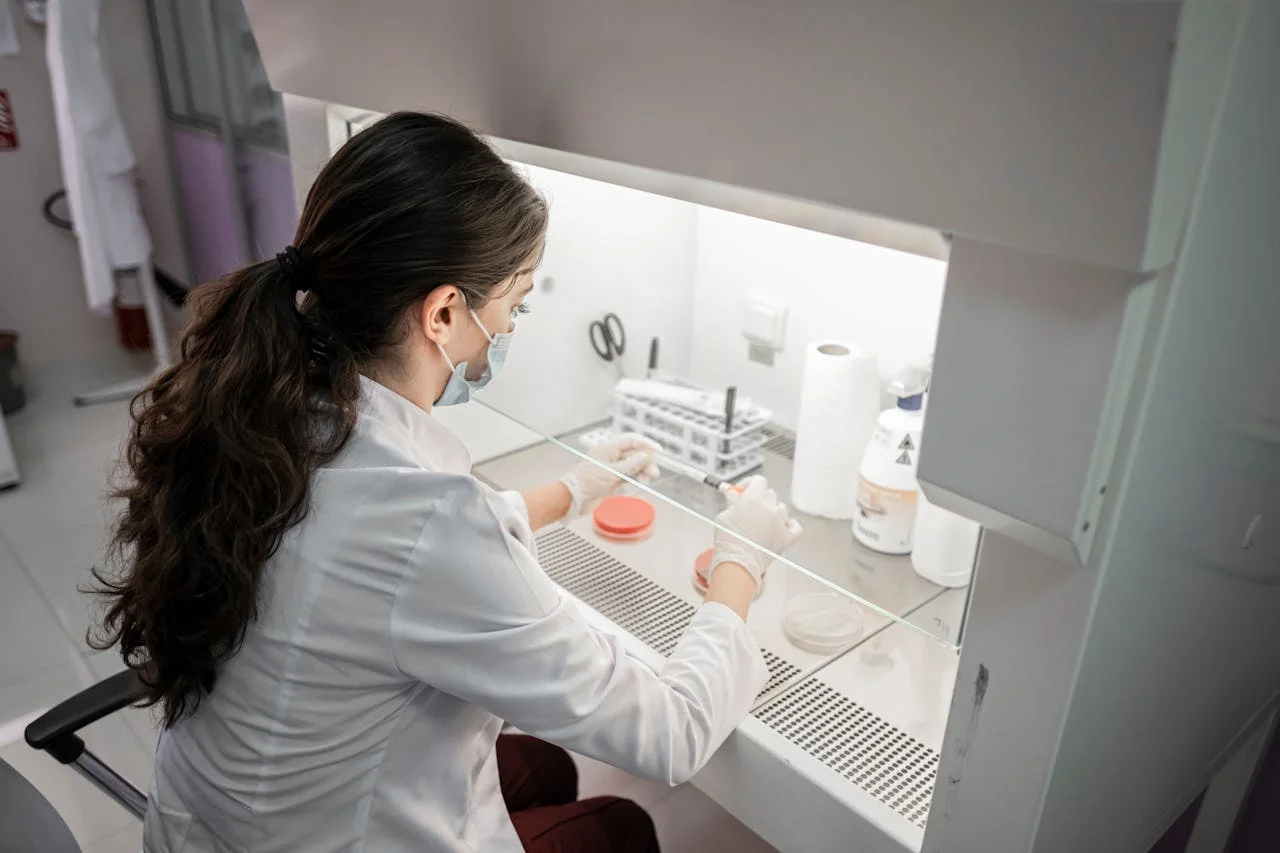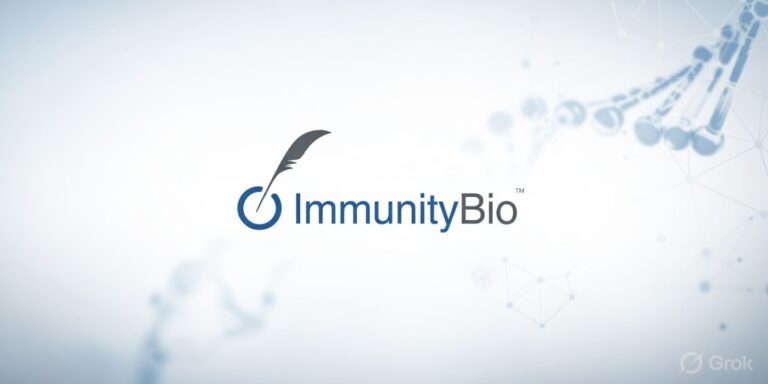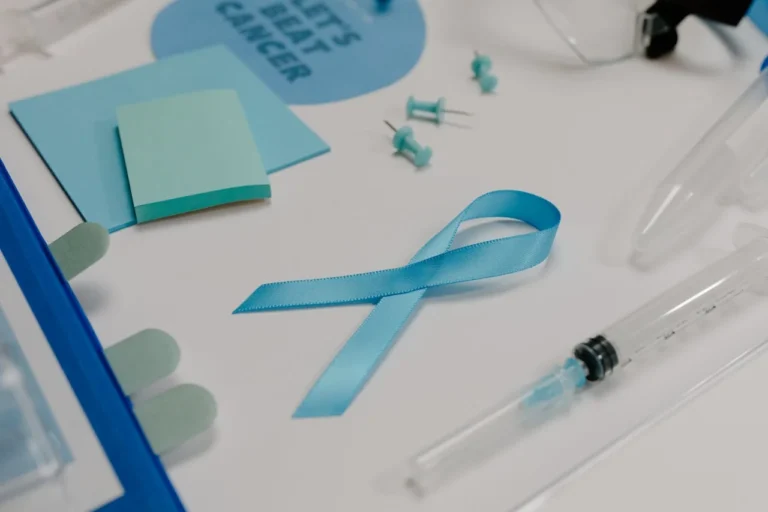
OMNY Health, a leader in creating compliant cross-industry data partnerships, has announced the launch of its Glucagon-Like Peptide-1 (GLP-1) data network, reinforcing its mission to democratize healthcare data. This new network, encompassing over 600,000 patients, will empower OMNY’s partners in life sciences, health systems, and AI-driven health tech with critical insights into GLP-1 usage, social determinants of health (SDOH), and patient demographics. These insights will enhance generative AI tools, inform researchers, and support clinicians in improving patient outcomes.
Despite the vast amounts of healthcare data generated across systems, 97% remains underutilized. This gap is especially concerning as the use of GLP-1 agonists grows, driven by their success in treating chronic conditions like type 2 diabetes and obesity. The rising demand for these medications highlights the need for more comprehensive data to evaluate their effectiveness and long-term effects in treating other conditions, such as cardiovascular disease, liver disease, and skin disorders.
“GLP-1 therapies are transforming the treatment landscape for a range of conditions beyond diabetes and obesity,” said Dr. Mitesh Rao, CEO of OMNY Health. “The widespread impact of these medications necessitates a deeper understanding of their effects on patients. By democratizing data partnerships between life sciences and health systems, we can drive more detailed clinical research that fuels innovation and unlocks the full potential of GLP-1 therapies.”
OMNY’s GLP-1 data network includes curated EMR data from over 645,000 patients, representing diverse demographic characteristics such as age, race/ethnicity, region of care, and types of providers and payers. The network has already supported two studies addressing gaps in understanding GLP-1 therapies, particularly in pediatric populations and among patients affected by SDOH factors. These studies help partners apply findings to improve patient treatments.
Data on pediatric use of GLP-1s is particularly limited, as the FDA did not approve such use until December 2022. Despite this, prescriptions of GLP-1RAs for children and adolescents surged by 594.4% from 2020 to 2023. OMNY’s network contains valuable pediatric data, enabling a study that revealed a median user age of 16, with 72% being female.
“We can achieve more equitable clinical outcomes when research is informed by data from diverse populations,” said Dr. Sameer Badlani, Executive Vice President and Chief Strategy Officer at Fairview Health Services. “By accessing data that includes SDOH factors, we gain insights that help us provide resources and clinical care marked by excellence in quality, safety, experience, and health equity for every individual who trusts us with their care.”
OMNY’s network also captures critical SDOH factors like economic insecurity, food insecurity, and social isolation, which are often documented in clinician notes. Since these factors account for up to 50% of health outcome variations in the US, understanding the SDOH status of GLP-1 patients is essential. A second study by OMNY found that GLP-1 patients were half as likely to have economic burden issues noted in their EHR records compared to non-users.
OMNY’s data network enables companies to diversify patient populations in clinical trials, gain insights into medication interactions, and strengthen treatment outcomes.
This announcement follows OMNY’s partnerships with QuantHealth, a leader in AI-driven clinical trial design, and ArisGlobal, a life sciences technology company and creator of LifeSphere®. OMNY Health remains committed to AI-enabled healthcare advancements and supporting research initiatives that improve clinical care.





